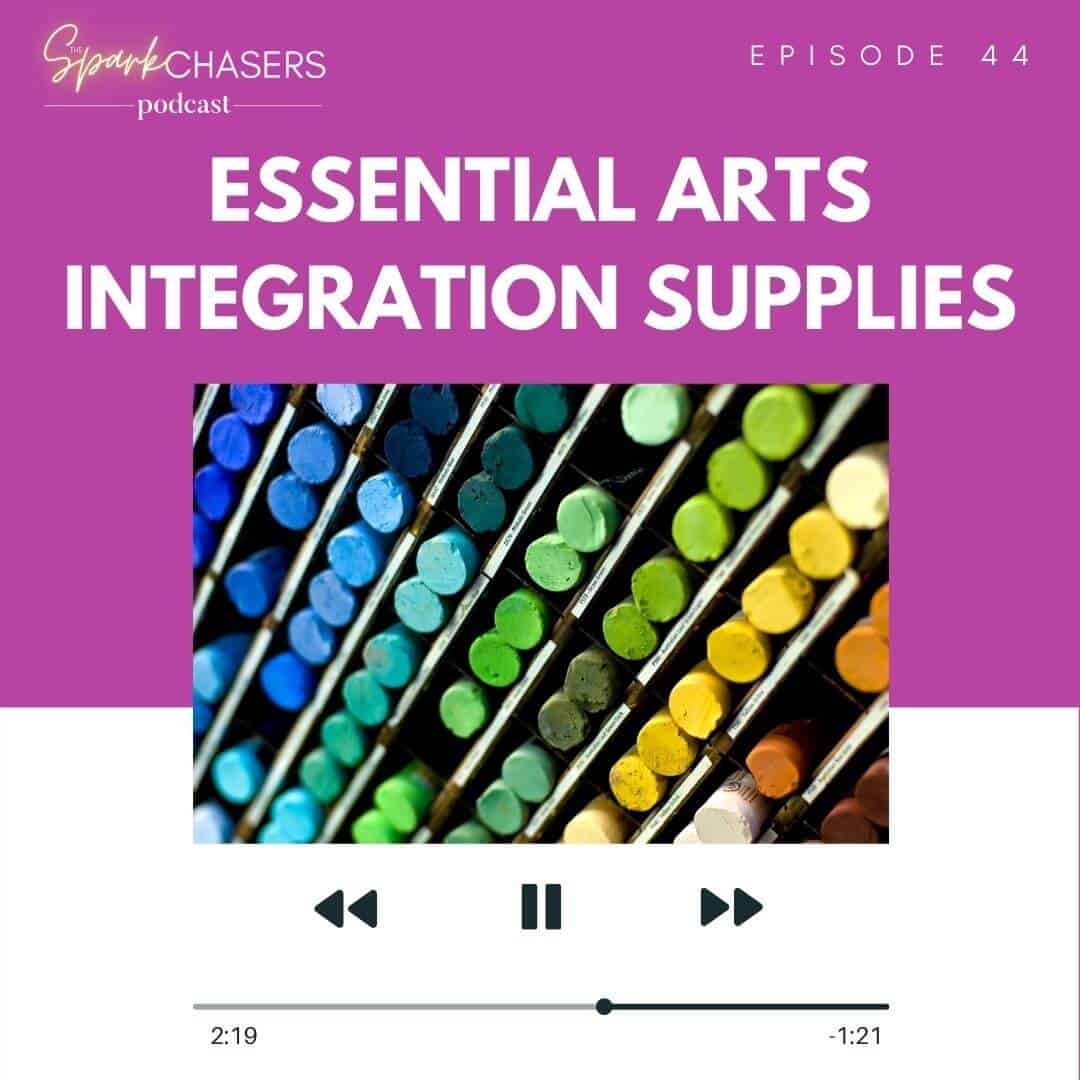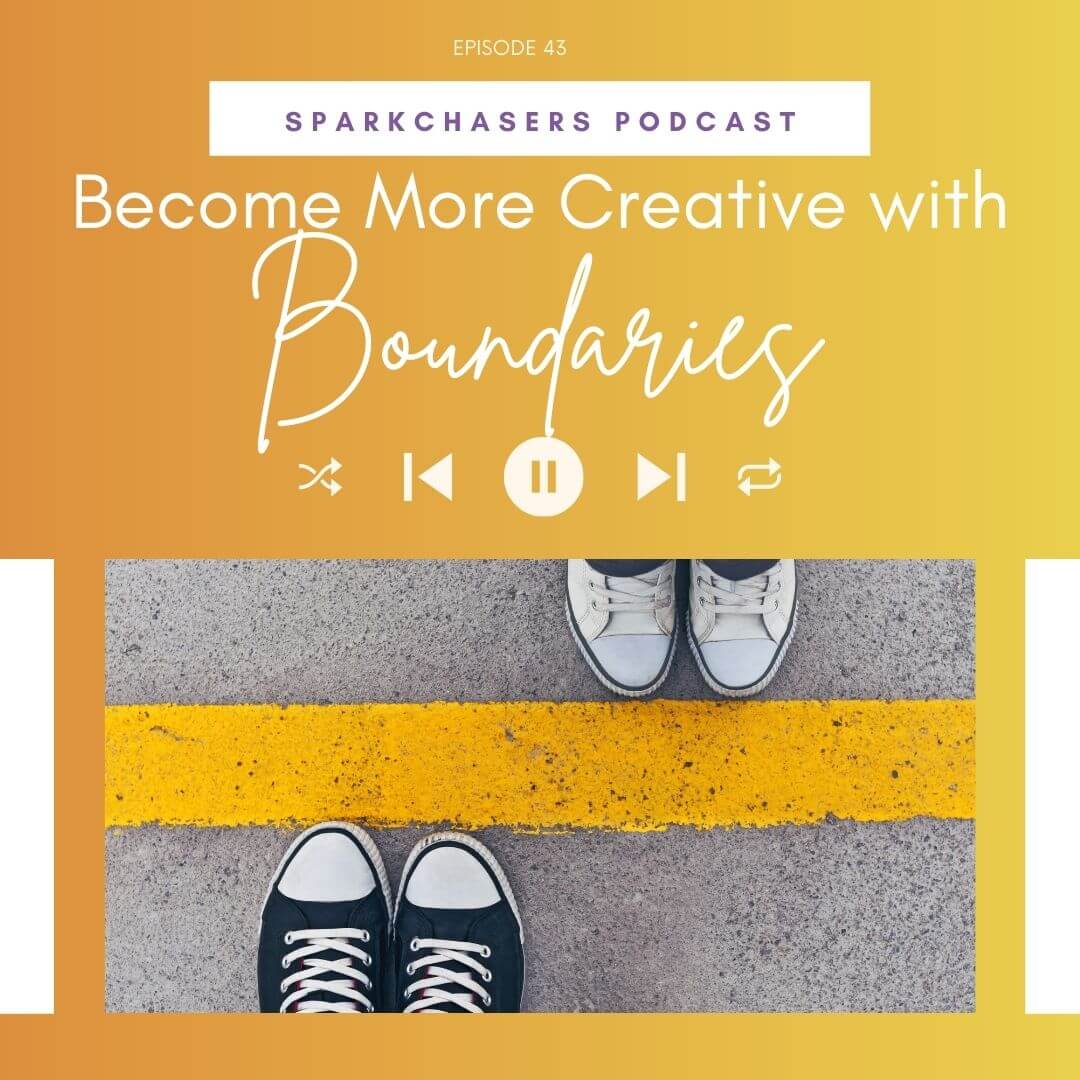Sparkchasers Episode 16 | Show Notes
Honoring Introverts in the Classroom
I was the quiet kid in class. I looked to my peers who were so much more outgoing and gregarious than I was, and didn’t understand why I was different. I preferred to work alone. I needed solitude to recharge. And not much has changed in the decades since I sat in the classroom as a student. When I read Susan Cain’s book, Quiet: The Power of Introverts in a World That Can’t Stop Talking, I finally, after all these years, felt understood. And soon after marveling at how and why I have always been misunderstood, I had a sobering thought: had I, as an educator, isolated students just like me? Had I favored the “extrovert ideal,” as Cain calls it, and failed to provide support to the quiet kids in class?
Our society places so much value on the traits of the extrovert. In fact, a Stanford Business School study determined that extroversion is an important predictor of success. As we in the classroom prepare students to be college and career ready, we are taking the cue of those promoting the extrovert ideal, placing a tremendous amount of value on leadership, collaboration, public speaking, presentation skills, team learning, etc. Is there value in these skills? Without question. Do all students, introverts and extroverts alike, need to develop these skills to function in our society? Absolutely. However, are we discarding the strengths of the introvert to chase the extrovert ideal? Unfortunately, it’s fairly easy to do.
RECOGNIZING INTROVERTS IN THE CLASSROOM
First, we must recognize that just as we differentiate for our students academically, we must also differentiate for different personality profiles as well. And before we begin to look outward for strategies to engage and honor introverted students, we must look inward. Are we promoting an environment that honors the tendencies of the introvert, or are we expecting students to perform to the extrovert ideal? Do we value noise over insight, loud versus quiet leadership? Speaking over listening? Are we grading students based on class participation, and if so, are we measuring that engagement by the number of times a student raises his hand? Are we directing the majority of our attention to our more vocal students? Are we providing wait time to allow our introverted students to reflect and think critically, or do we put too high a premium on quick responses from our students?
So how can we honor our introverts in the classroom? How can we prepare them for the real world without trying to convert them? Here are a few tips for supporting our introverted students:
Rethink group work.
Introverts tend to listen more than they talk and think before they speak. Collaboration is an important skill, but being able to work in solitude also holds tremendous value. This isn’t to say that we need to do away with team learning and group projects, but students should be grouped intentionally. The dynamic of the combination of personalities must be considered to avoid the potential for extroverted group members discarding ideas of less vocal people. In short, there must be an atmosphere of respect for differing work styles and personality types.
Carve out quiet time.
Introverted students need time for thinking and recharging. And schools do not tend to be quiet places. How can you accommodate the introvert’s need for solitude, for peace? This will look different in various places around the school, but it’s important to recognize the value of silence.
Allow introverts to choose to perform to their strengths.
Cain says that introverted children often have an easier time identifying their interests, and that they become extremely passionate about pursuing those passions. Introverts tend to express themselves better in writing than in conversation. They tend to be quite reflective and often listen more than they talk, think before they speak, and make intentional decisions about how to express themselves. Allow them to honor those decisions. Allow students to express themselves through writing, music, visual art, theatre, small group discussion, role playing, etc. Allow introverts to explore their passions to maximize engagement.
Have a Question?
Do you have a question about today’s episode or need help with something? Let me know using the button below and I’ll make sure to chat about it on an upcoming episode.






